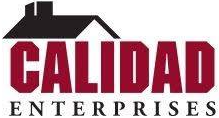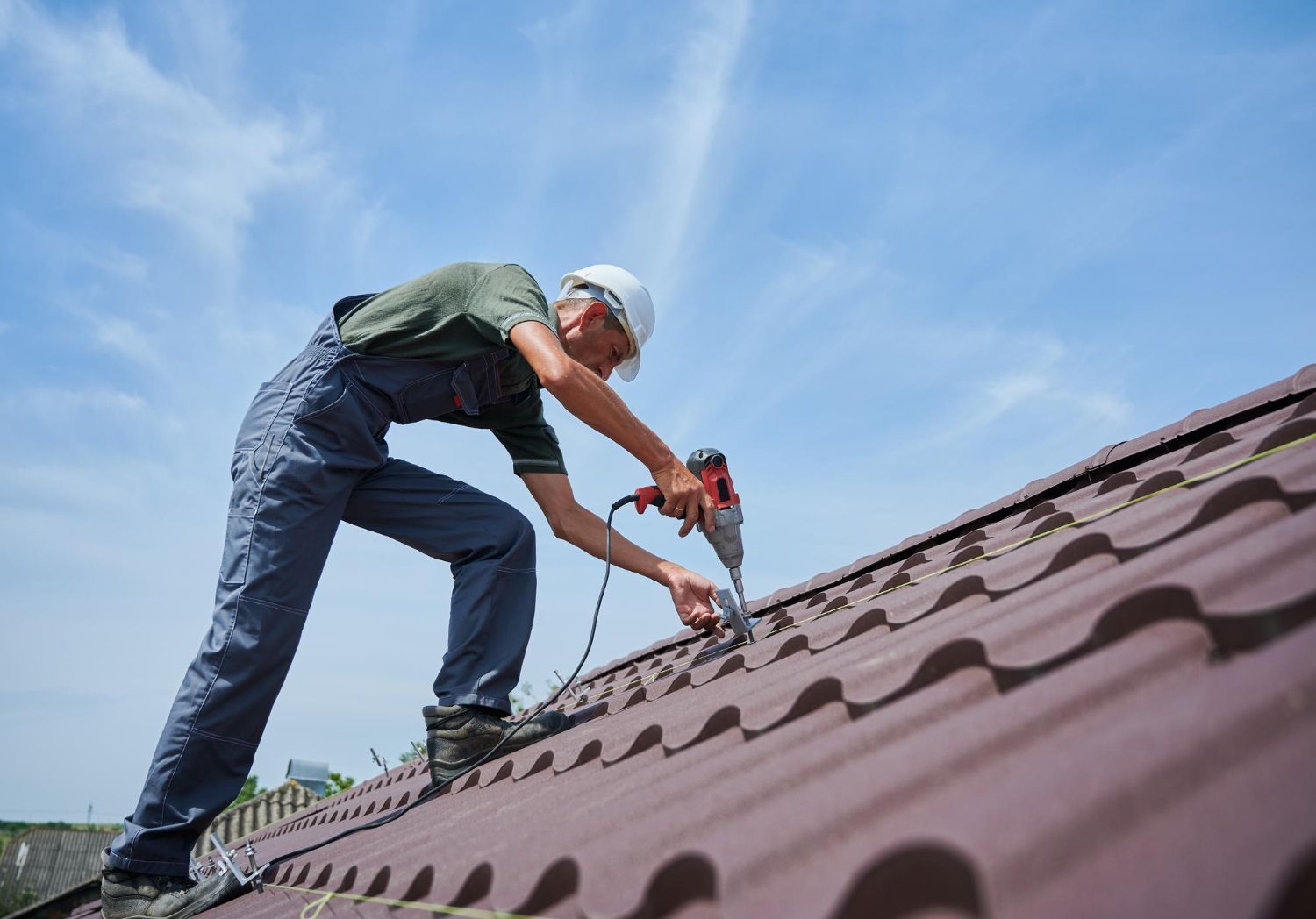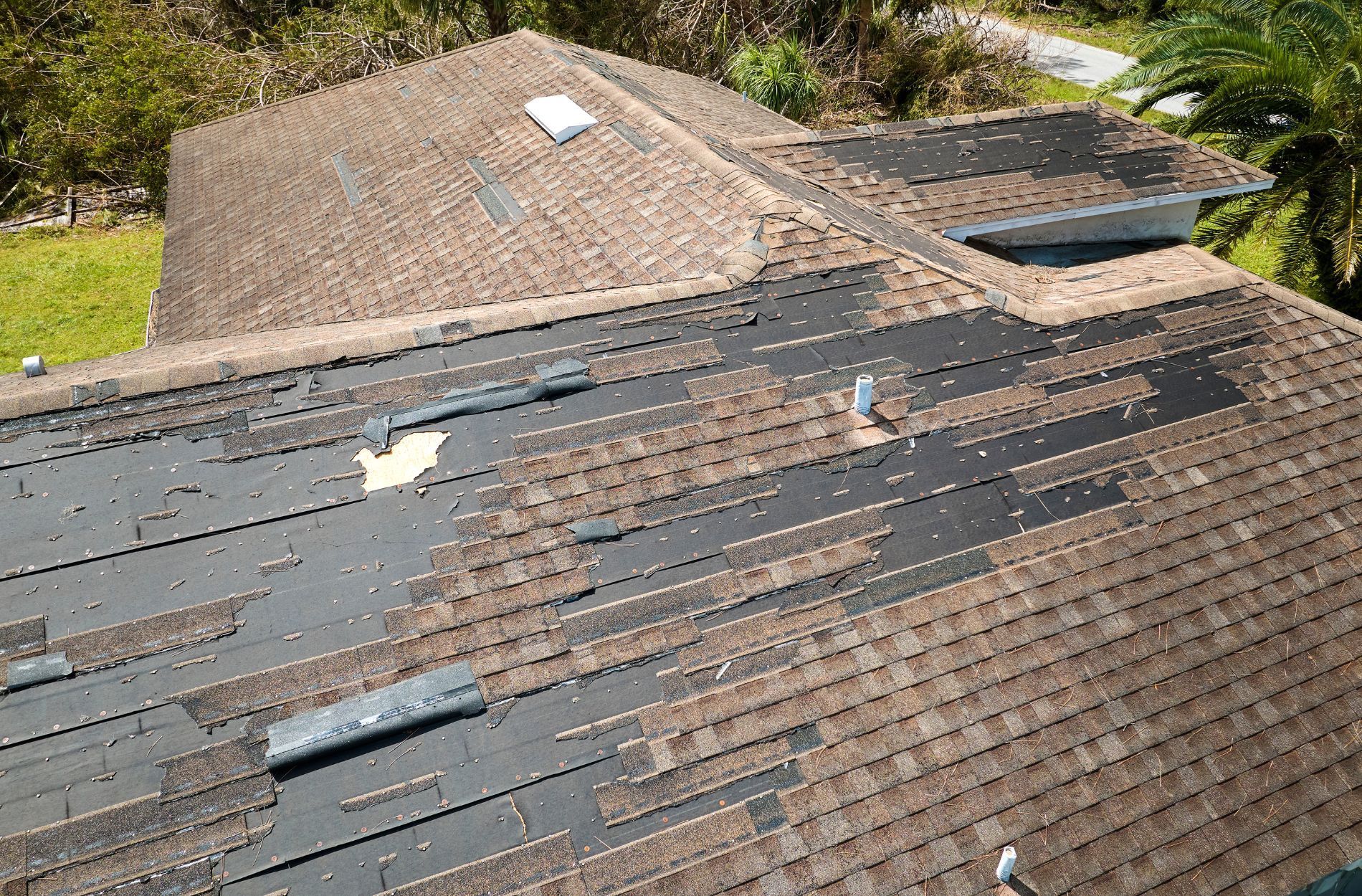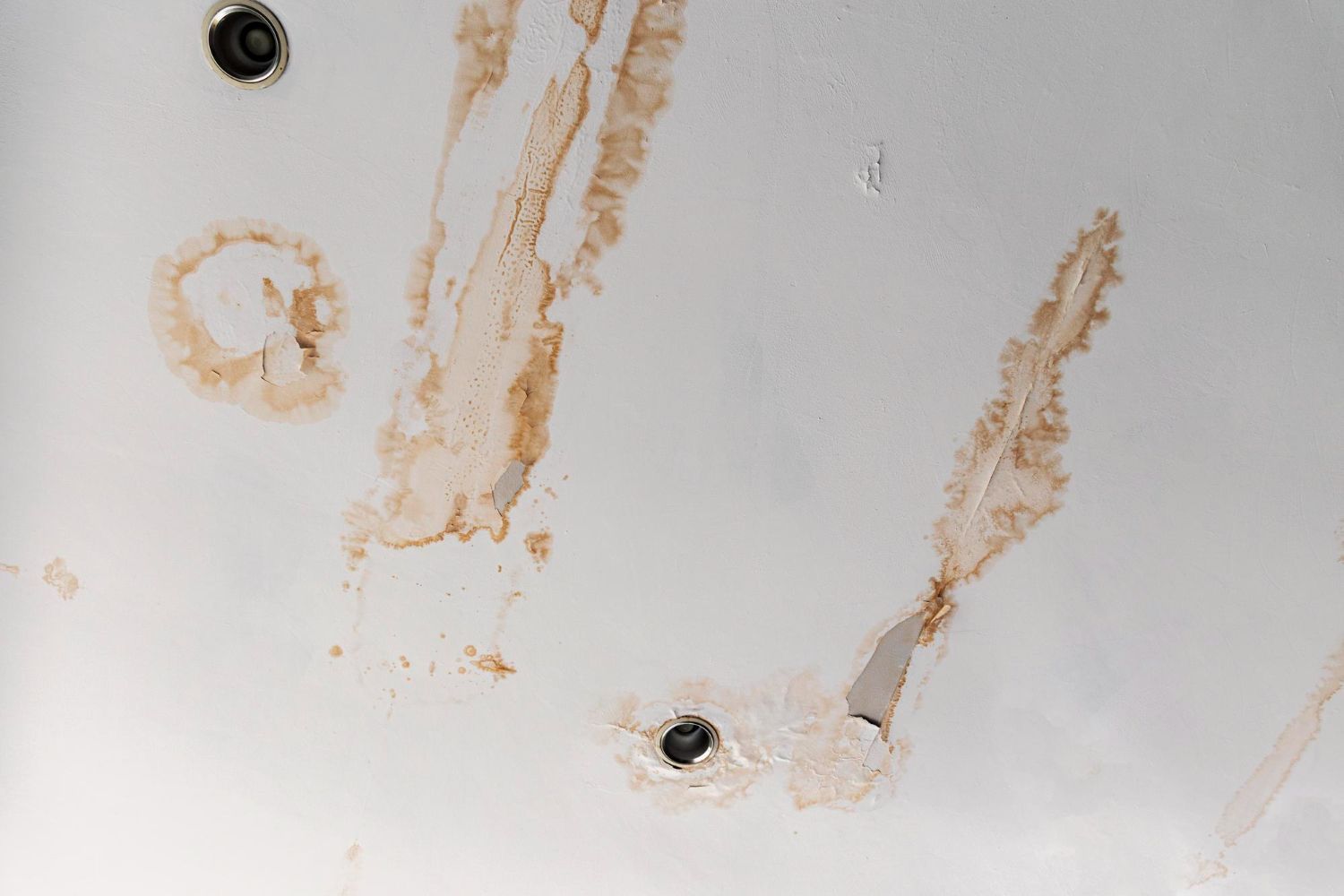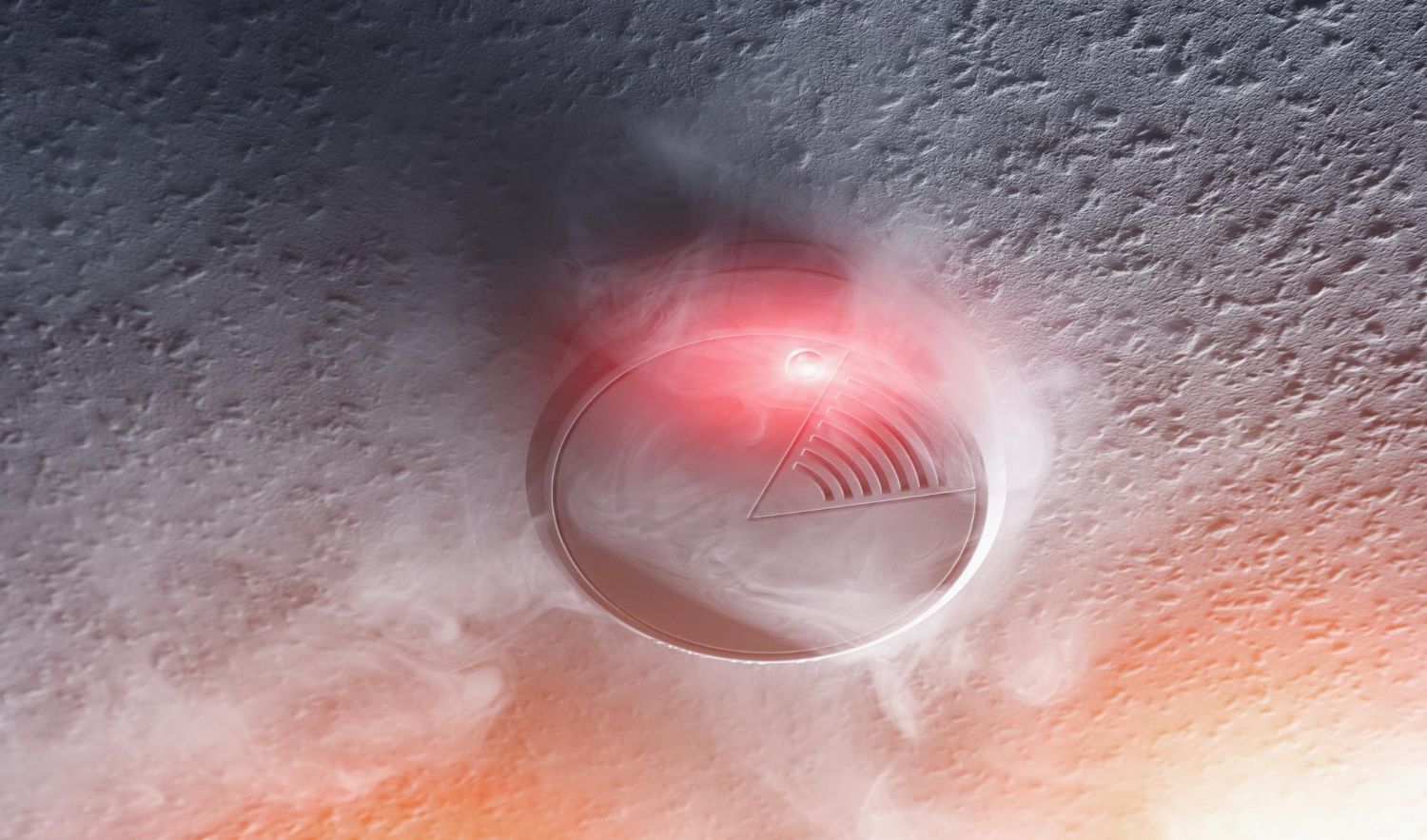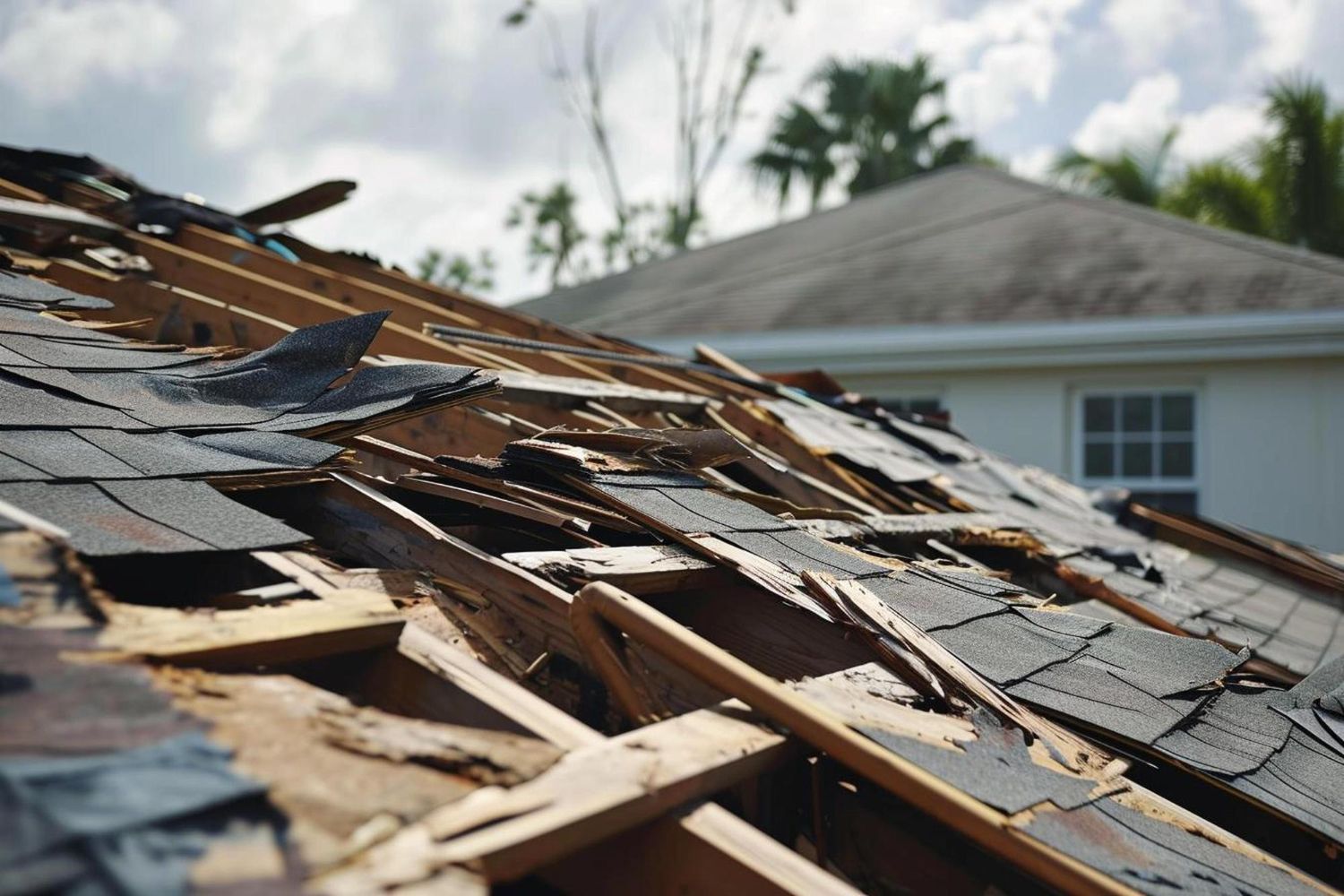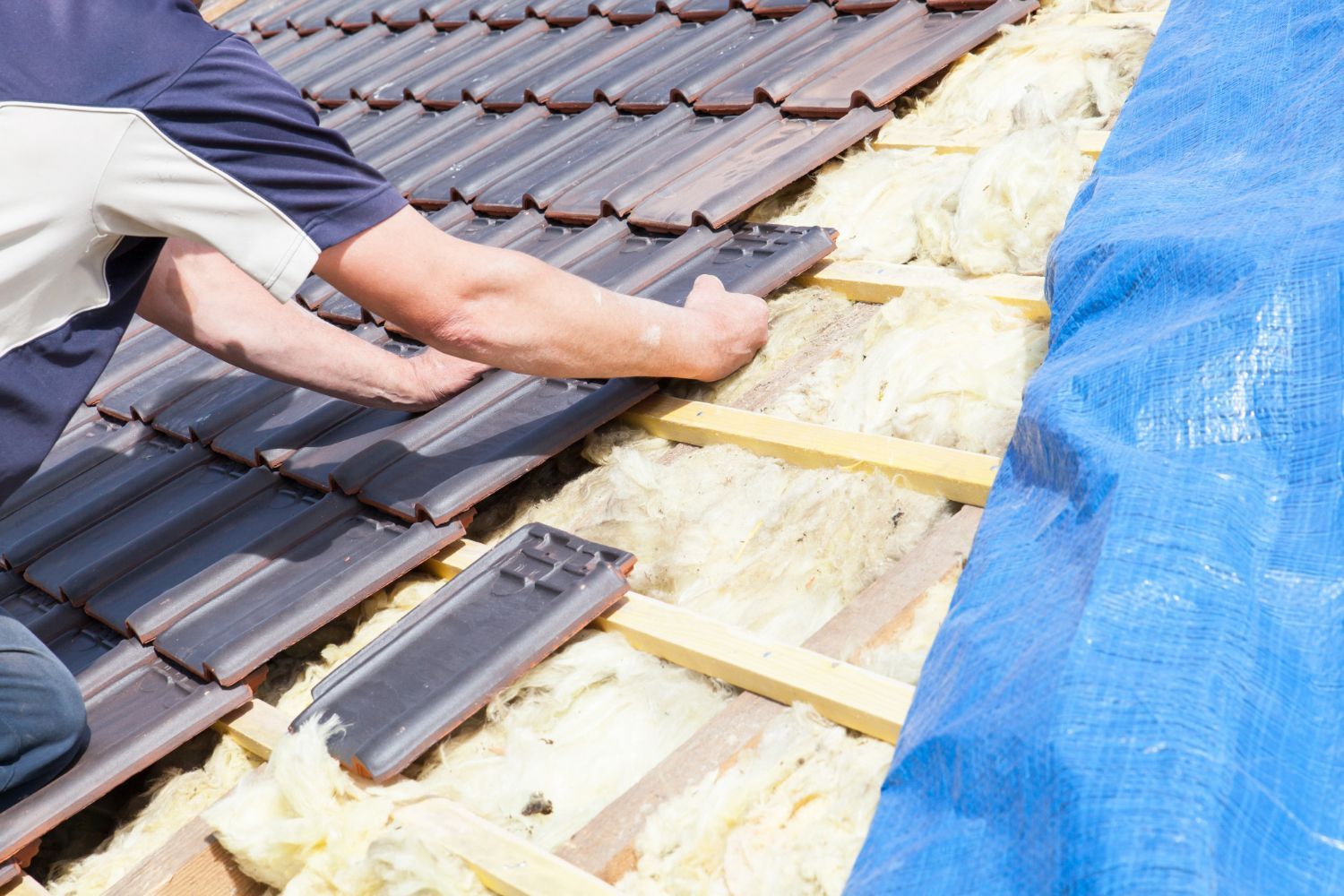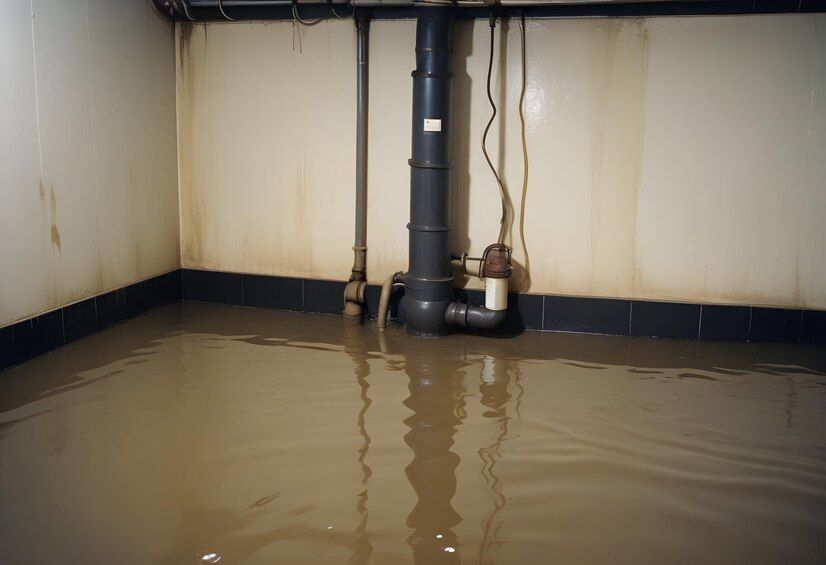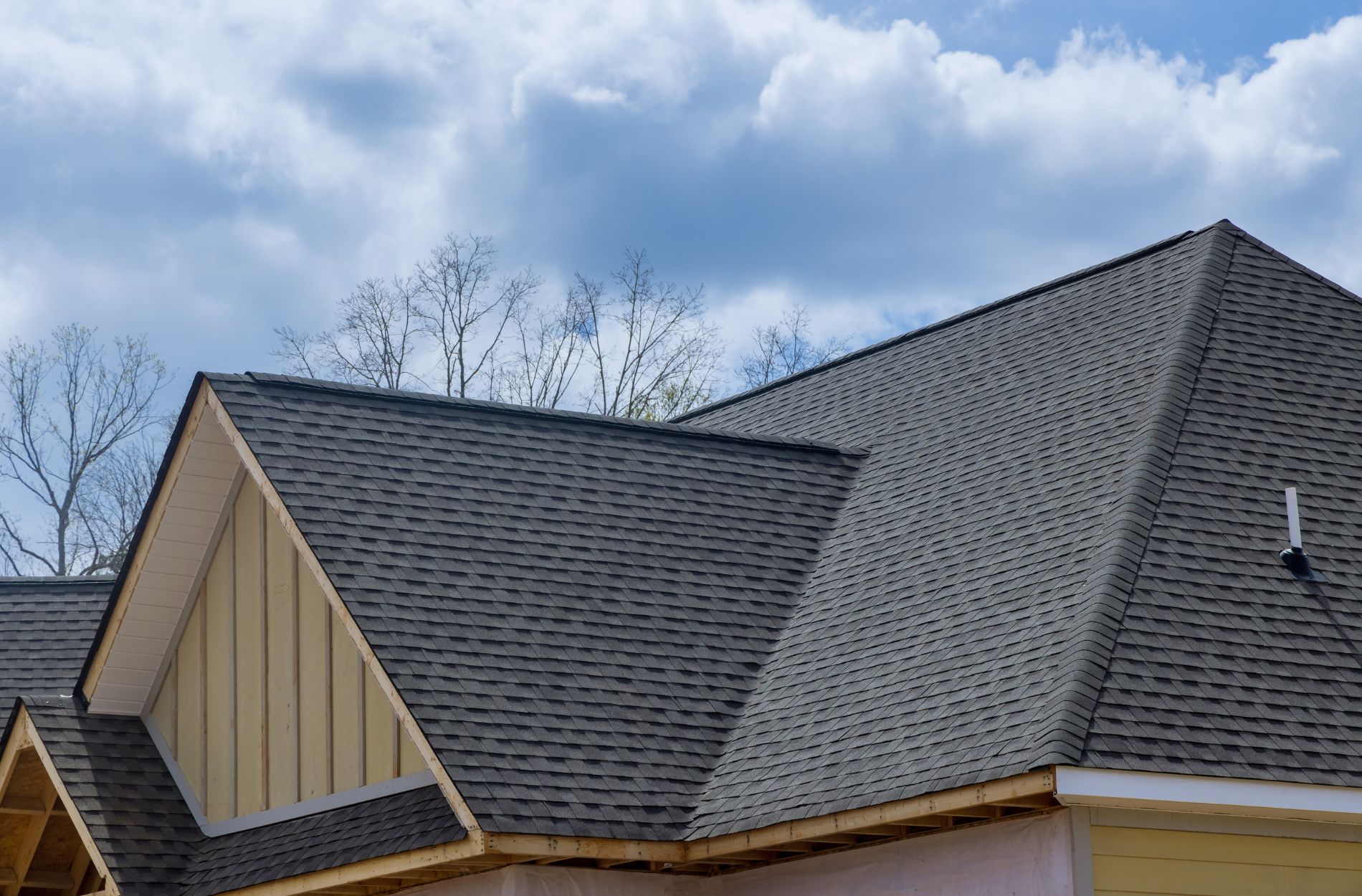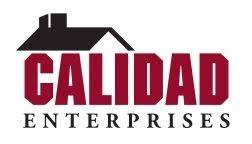Call Us Today (940) 283-6375
The Importance of Professional Roof Inspections After Severe Weather Events
Severe weather events, such as thunderstorms, hurricanes, and hailstorms, can be brutal on your commercial or residential property's roofing system. While some damage may be visible from the ground, other issues may go undetected until they escalate into expensive repairs or even structural failure. That's why having a professional roof inspection after severe weather is critical to maintaining your property's health, safety, and value. In this blog, we will discuss the importance of post-weather roof inspections, what to expect during an inspection, and how to ensure that your property remains protected and secure in the face of unpredictable weather conditions.
It's essential to recognize that even if your property appears to have weathered the storm with no obvious damage, hidden issues may still be lurking underneath the surface. Over time, these problems can develop into more significant concerns, such as water damage, energy efficiency issues, and degradation of roofing materials, leading to costly repairs and a shortened lifespan for your roof. By having a professional inspect your roof promptly following a severe weather event, you can identify any potential damage, schedule repairs as needed, and mitigate the risks of costly future problems.
Identifying Potential Roof Damage
Roof damage can take many forms, and while some may be instantly noticeable, other issues can easily be missed by the untrained eye. A professional roof inspection can help identify various types of damage that may have occurred during severe weather, including:
1. Shingle damage: Storms and high winds can cause shingles to lift, curl, or break, exposing the underlayment and decking to potential water damage or leaks.
2. Hail damage: Hailstones can pierce or dent roofing materials, compromising their effectiveness and possibly leading to leaks or structural weakening.
3. Gutter damage: Heavy rainfall or windblown debris can cause gutters to clog or detach, preventing proper water drainage and potentially leading to water damage or foundation issues.
4. Flashing damage:
High winds can cause roof flashing to loosen or become damaged, increasing the risk of water penetration at joints, roof transitions, and other vulnerable areas.
A thorough roof inspection can ensure any such damage is identified and addressed before it becomes a more significant issue.
Understanding the Roof Inspection Process
A professional roof inspection generally proceeds in a series of steps, ensuring a comprehensive assessment of your property's roofing system. These steps typically include:
1. Exterior inspection:
The inspector examines the roof's visible components, looking for damage or wear to shingles, flashing, gutters, downspouts, and other elements.
2. Interior inspection: The inspector will check the attic space and any other areas that may show signs of water damage or structural issues resulting from a compromised roof.
3. Documentation: The inspector will document their findings with detailed notes, photographs, and recommendations based on the extent and nature of any discovered damage.
4. Review and discussion: The inspector will discuss their findings with you, explaining any observed issues and recommending the appropriate course of action for repairs, maintenance, or potential roof replacement if necessary.
Having a thorough understanding of the inspection process can help you know what to expect and ensure any questions or concerns you may have are addressed.
Regular Maintenance and Preventative Measures
While having your roof inspected after severe weather events is crucial, it's also essential to maintain a regular maintenance schedule and take preventative measures to protect your property from future storm-related damage. Some proactive steps you can take include:
1. Annual roof inspections:
Scheduling routine professional roof inspections can help identify and address any potential issues that may develop over time, avoiding extensive repairs or unexpected damage.
2. Gutter maintenance: Regularly cleaning gutters and downspouts, ensuring proper drainage, and fixing clogs can prevent water damage to your property.
3. Tree care:
Trimming overhanging branches and removing damaged or dead trees near your property can reduce the chance of windblown debris causing roof damage during storms.
4. Installing proper ventilation:
Adequate roof ventilation can help ward off moisture-related issues, maintain energy efficiency, and preserve the longevity of your roofing materials.
By staying proactive with maintenance and preventative measures, you can better protect your property from the damaging effects of severe weather events.
Navigating Insurance Claims Following Severe Weather
Severe weather events can result in costly repairs or even the need for a total roof replacement. While insurance coverage can help offset these costs, filing insurance claims can be a daunting process. A professional roofing, remodeling, and restoration company experienced in working with insurance claims can help you navigate the process by:
1. Providing documentation: As mentioned earlier, a thorough roof inspection will document any weather-related damage, which can be invaluable in supporting your insurance claim.
2. Preparing an estimate:
The roofing company can provide an accurate and detailed estimate for the necessary repairs or replacement, helping ensure your claim covers the full extent of the damage.
3. Assisting with paperwork:
Having professional support to assist with claim paperwork and liaising with insurance adjusters can help streamline and expedite the claims process.
Protect Your Property with Professional Roof Inspections and Maintenance
Scheduling a professional roof inspection following severe weather events is crucial to ensure your commercial or residential property remains secure, healthy, and retains its value. Identifying potential damage, carrying out timely repairs, and taking preventative measures can contribute to the overall longevity and performance of your roofing system.
Don't leave your property's health and safety in Mother Nature's hands. Reach out to our
roofers in Lewisville at Calidad Enterprises for an experienced roofing, remodeling, and restoration company to assess your property, identify and address damage caused by severe weather events, and provide expert guidance on how to protect and maintain your property investment in the face of unpredictable weather conditions.
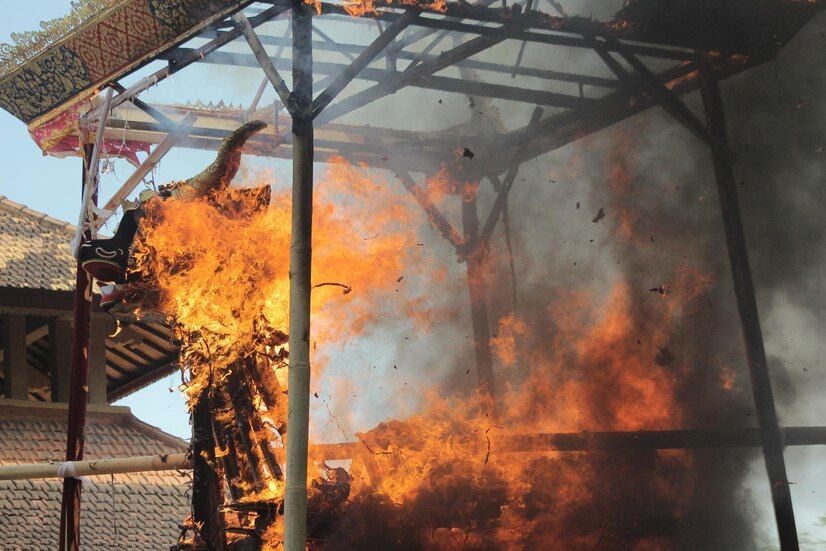
COMPANY INFORMATION
Calidad Enterprises
650 E. State Highway 121
Suite 208
Lewisville, TX 75057
HOURS OF OPERATION
Emergency Services Available
All Rights Reserved | Calidad Enterprises | Powered By Aletheia Digital | Privacy Page
